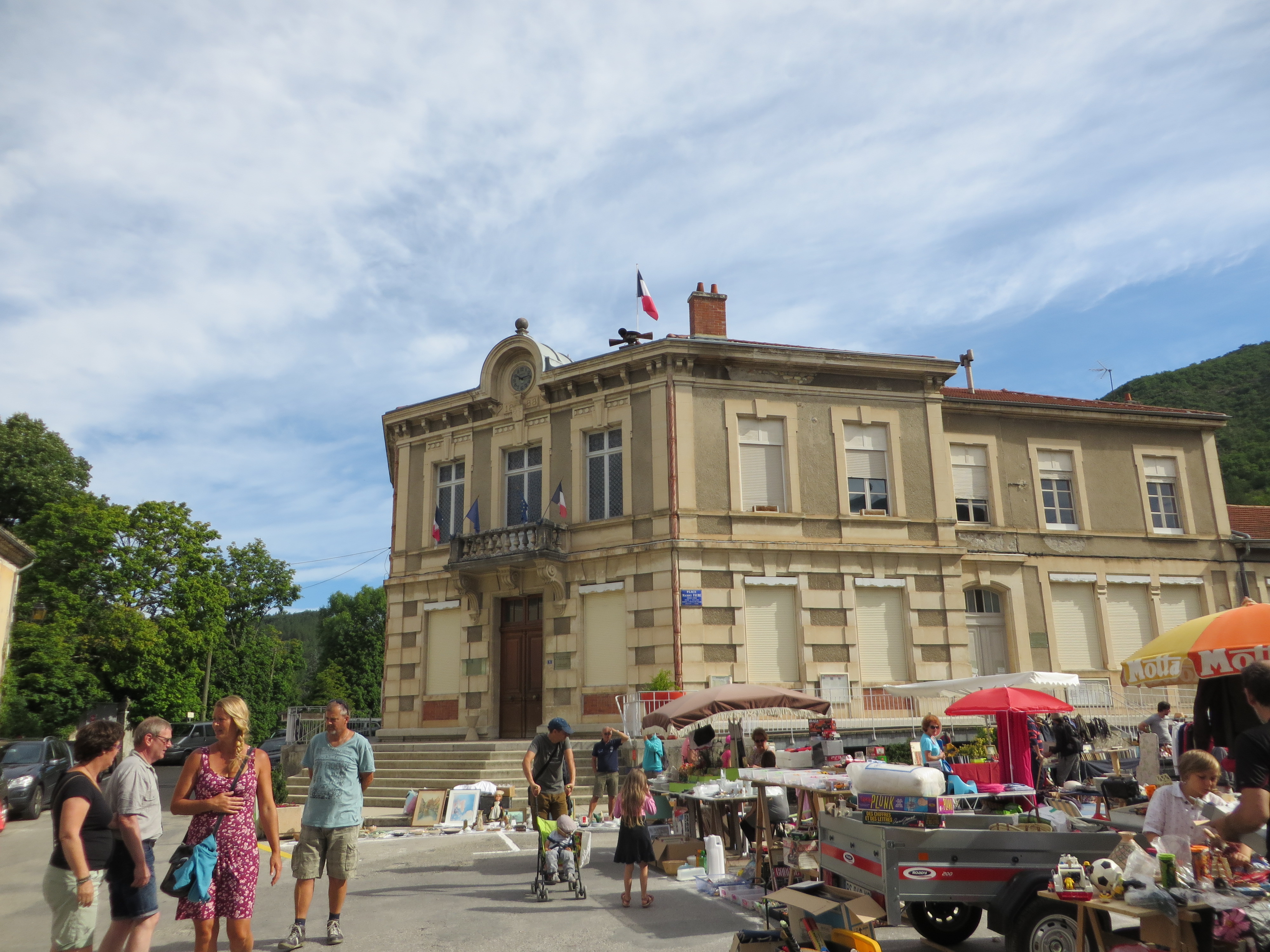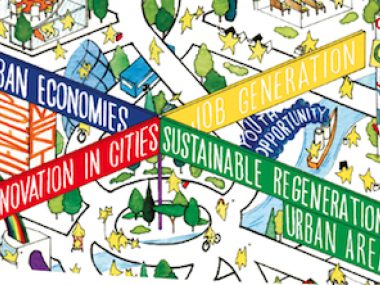
In 2014, a group of citizens of Saillans – 1 200 inhabitants in Drôme, France – concerned about acting directly for their city, and in the light of increased well-being, presented themselves, apolitically, for the mayorship of the city. They won the elections and paved the way for a new type of city governance. They particularly sought to address two main caveats in the traditional way city councils and city governance in general work: on the one hand the Mayor and the deputy mayors’ appropriation of all the city power; on the other, the low participants of inhabitants, merely asked to express themselves through elections once every 6 years.
The city governance focuses on three main pillars:
Continue reading




